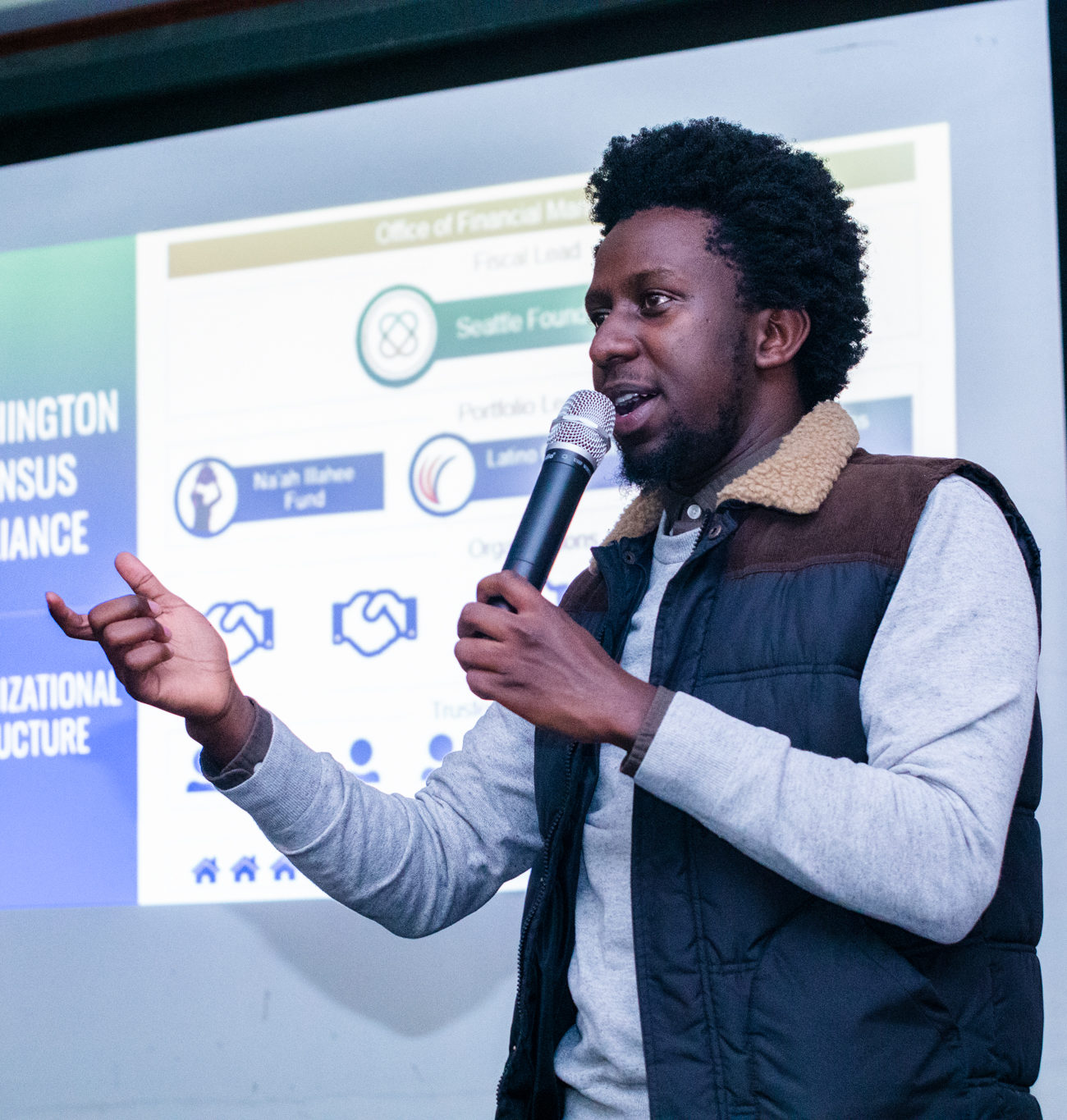
…The Obama-era program has faced constant attacks over the last several years. Most recently, a federal appeals court largely upheld a lower-court ruling that found the program unlawful, but allowed the program to remain in place for current recipients and those processing renewals. The appeals court sent the case back to the lower court — renewing urgency in addressing the population as ongoing litigation threatens to end the policy.
Now, the U.S. Senate is working on a legal framework in a bipartisan effort this lame-duck session — the period after midterm elections and before the new Congress begins — which coincides with the final few weeks of Title 42. That Trump-era health policy, invoked in 2020, allows the rapid expulsion of migrants at the border but is set to lift on Dec. 21.
No legislative text is yet available; however, negotiations for potential last-minute immigration deals include extending the Title 42 border restriction for another year and offering protections for DACA recipients, farmworkers and other essential workers, The Washington Post reports…
The Fifth Circuit case will ultimately be appealed to the U.S. Supreme Court, but only Congress can provide a pathway to citizenship for DACA recipients and other undocumented people, [Jorge Barón] said…
Longtime immigrant rights advocate and DACA recipient Kamau Chege, who lives in Seattle, said the Fifth Circuit Court’s ruling did not come as a surprise considering the anti-immigrant disposition of the largely conservative court.
It allowed the program to remain intact for current recipients, but it left hundreds of thousands of immigrants in limbo, as it halted the U.S. Citizenship and Immigration Services from processing renewals or accepting new applicants.
The livelihoods of hundreds of thousands of people who work hard to contribute to their communities rest on a handful of justices, Chege said.
States could take steps of their own, he said, including making it easier for people to get a tax ID number and licenses, regardless of legal status, so they can keep providing for their families without the risk of exploitation by employers.
This country is home to thousands of DACA recipients who have built their whole lives here, Chege said.
“We’re not kids anymore. Many of us are in our 20s and 30s, some with families of their own,” he said…

